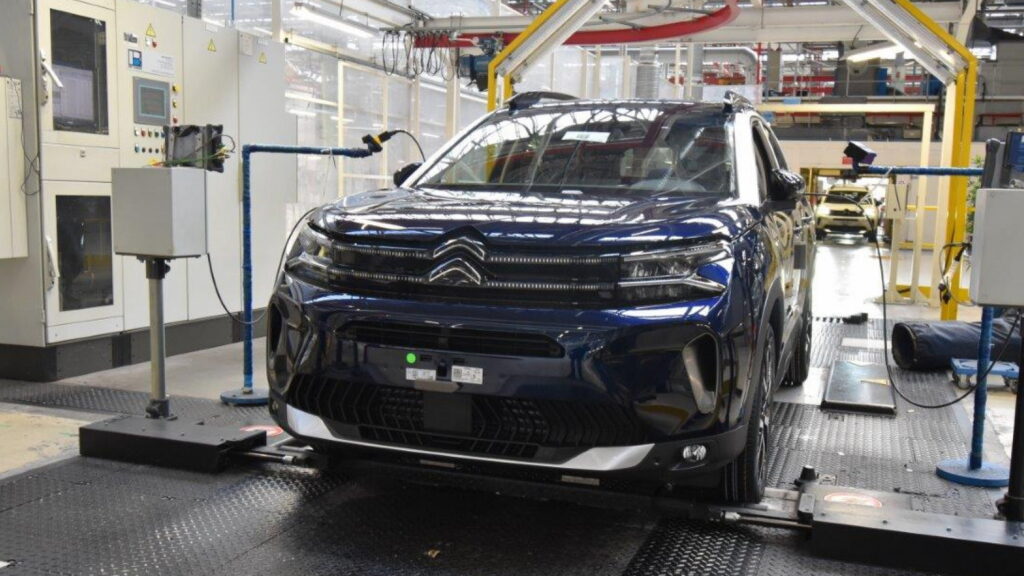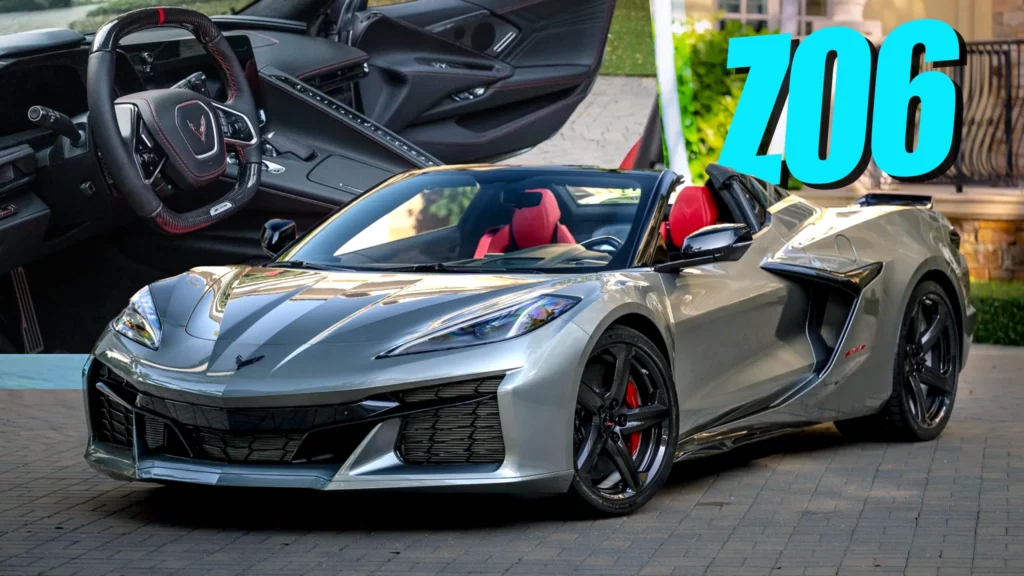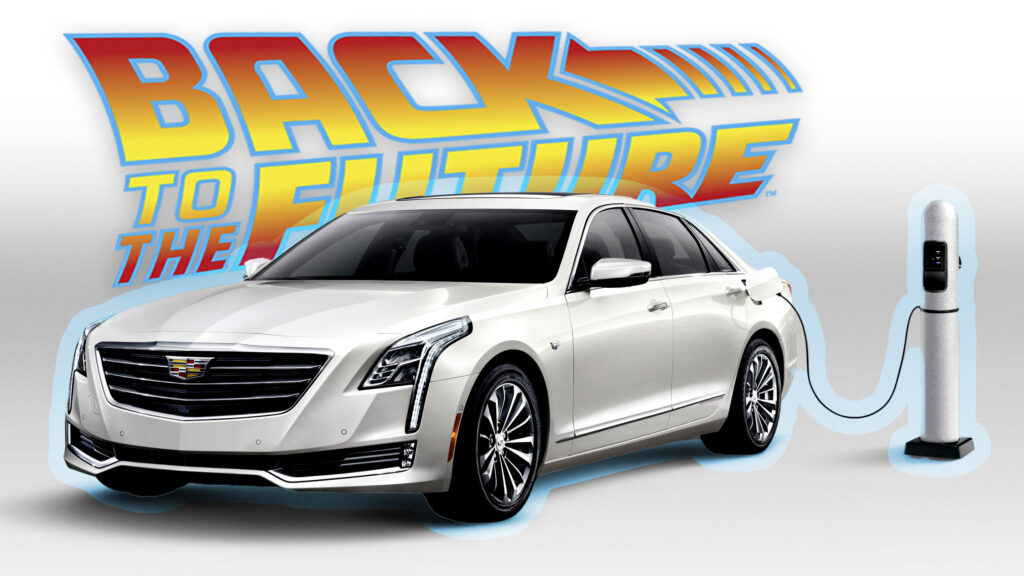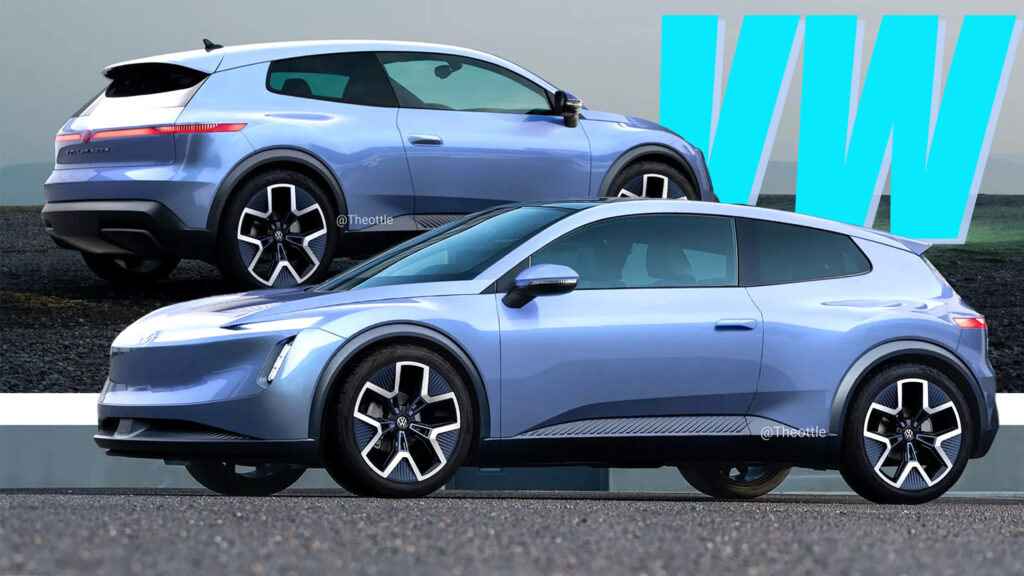Along with other Western automakers, Stellantis stopped exporting vehicles to, and building them in, Russia in 2022. However, consumers there can still buy some of its vehicles new, thanks to the help of the company’s Chinese partner Dongfeng.
There is no suggestion that Stellantis is circumventing trade sanctions with Russia. Instead, the nation appears to using what it calls “parallel imports” to keep its automotive industry afloat after it fell into disarray, following its invasion of Ukraine. Initially, Chinese companies exported their vehicles to the country, and now they appear to be propping up Russia’s manufacturing sector, too.
In December 2023, a Russian company called Automotive Technologies imported 42 or more kits to assemble the Citroen C5 Aircross at a plant in Kaluga. Reuters cites dealers who spoke on condition of anonymity, who said the kits were coming from Dongfeng, which has a commercial partnership with Stellantis, through which it can sell the Euro-American company’s vehicles in China.
Read: Russia Bans Car Exports, Stellantis And Hyundai Suspend Operations
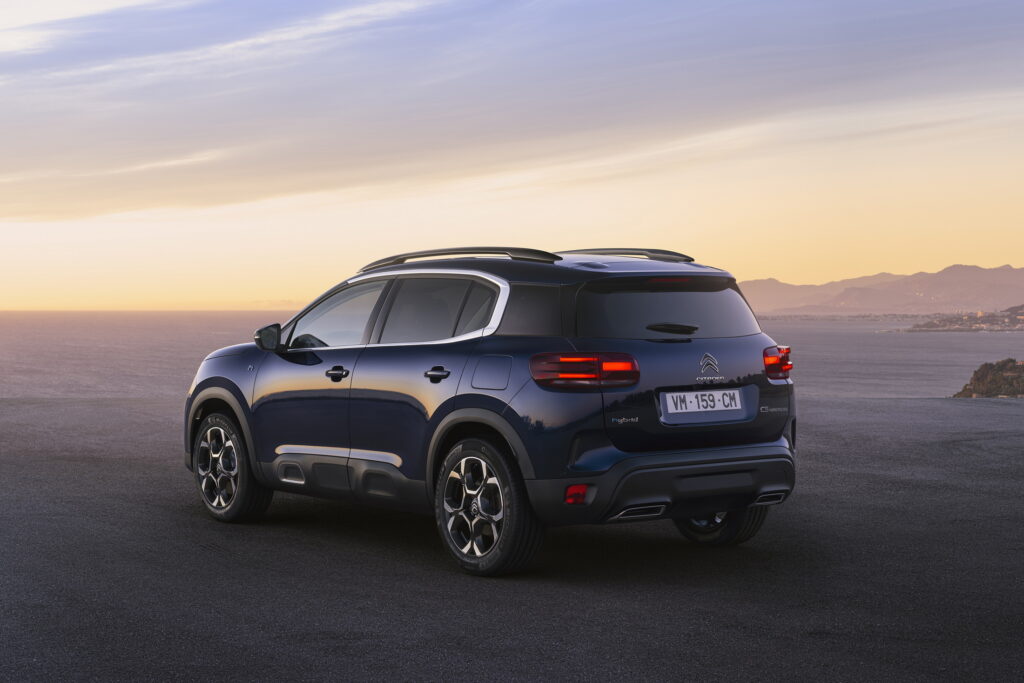
The first batch of kits was said to be part of a pilot project, and the Kaluga plant (which is technically still majority-owned by Stellantis, but no longer controlled by them) will start mass production in 2024.
Dealers said they were told they would soon start receiving C5 Aircrosses assembled from kits at the Kaluga plant, but it was not clear if they would continue to be branded as Citroens. In 2022, Russia revived Moskvich, which sold rebranded JAC Motors vehicles that were assembled in Moscow using kits purchased from China.
The re-launch of C5 Aircross production highlights the loss of control Western companies have experienced over their brands and property in Russia. Stellantis said that despite owning 70 percent of the Kaluga plant (the other 30 percent belongs to Mitsubishi) among other assets in the country, it concluded in December that it had “lost control of its entities” there.
The automaker said that, as a result, it had recognized €144 million (US$155 million at current exchange rates) in losses. As Western companies lose control, Chinese automakers are stepping in, and make up more than 56 percent of the market. That appears to be plateauing now that domestic manufacturing is recovering slightly.
